
I was telling a group of public media people in Saint Paul about a massively collaborative project I’m working on called Ed Zed Omega. I had deep ideas, pretty slides and five minutes of blah blah blah. And then I said, “Ed Zed Omega is immersive, and if you have questions about what I mean, here is Clare Morgan to answer them.” And Clare came in and sat down and in her giggly 16-year-old teen way told the group about herself and why she has decided to drop out loud from high school.
A lively discussion, er, erupted. People asked Clare questions about her plans, came up with ideas about learning alternatives for her, listened intently (and with some horror) as she explained why, at this point in her life, school had ceased being relevant.
Skip over related stories to continue reading articleAnd the discussion continued after Clare left. It was extraordinary. The audience shared stories about their educations and the situations of people they knew. They continued to debate Clare’s prospects and paths forward. You could watch as, out loud, they collectively began to put aside old precepts and forge solutions…
And they did all this knowing “Clare” does not exist, that she was played for them by an actress named Tara Borman.
Now you might imagine this is a proud moment for me, and you’d be right, but not because I authored Clare—I didn’t. Here’s where the story takes another twist: Clare was so immersive because she is authentic to Tara’s own life experience: some blend of people she knows, circumstances she’s witnessed, and roads she herself has contemplated or taken. As Isabel Allende writes, “What is truer than the truth? The story.”
This blog’s readers have already been exposed to provocative thinking regarding authenticity of narrative and an emerging recognition of the power of storytelling for museums. Now comes the opportunity to participate in a bold experiment that pushes this envelope even farther, a provocative exploration of the future of education.
As I write this, Clare Morgan and her fellow “Zed Omegas” are still on summer vacation, but on August 15, they begin “dropping out loud” for the fall semester.
Will they stay dropped out? Will they school themselves, or abandon learning altogether? What was it that education was supposed to do for them? Will museums play a role in their learning? The Zed Omegas will be listening; will the people of the Internet be able to make this turn out right?
And here’s where, narratively, things twist yet again: because where do people go to have these conversations with the Zed Omega teens? Why, on Facebook and Twitter of course, where they live the consequences of their decisions out loud online.
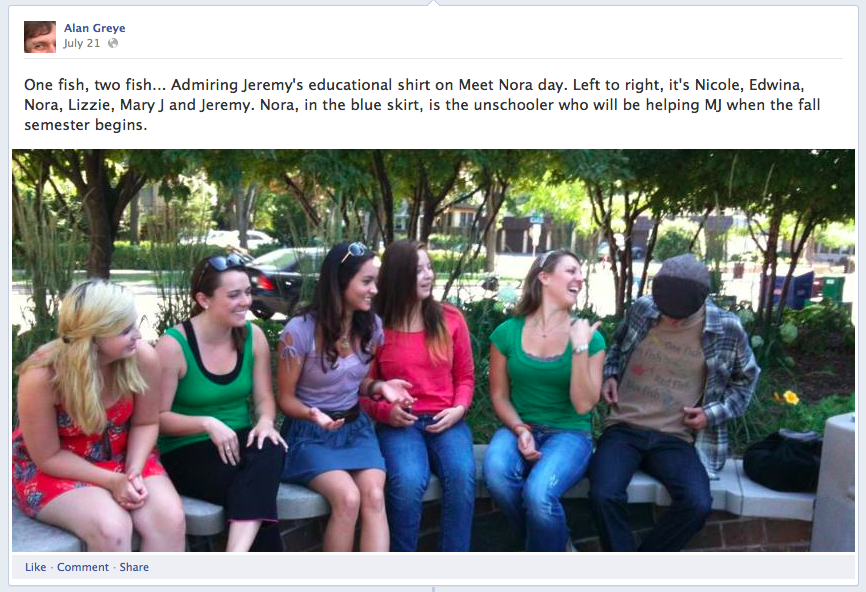 |
|
Mary Johnson: “Nicole, Edwina, Lizzie and Jeremy are also “zed omega”—slang for “so done”—with high school.” Mary J is their guidance counselor.
|
It may surprise you to learn that Betty Draper has a Twitter account, but it shouldn’t. For every new means to communicate (radio, say), there’s a storyteller eager to commandeer it (Orson Welles, War of the Worlds). Stories want to live where we are, and today we’re tweeting, Facebooking, texting on our cellphones, cute-bingeing on YouTube and so on.
One of the great upheavals of today is that the way people experience the world is evolving, and effective stories will incorporate these experiences. Ed Zed Omega hopes to immerse people because it tells itself not just with texts and Facebook, but as them. And as fiction, because all talk of the future is fictional.
How do we get at the “authentic fiction” of a big question such as the future of education? Not the way we’re going now, which has Quest To Learn, homeschooling, charter schools, magnet schools, Finnish Lessons, Sir Ken Robinson on TED, American Graduate, Khan Academy, Jada Williams’ essay, Every Child Left Behind, Thiel Fellowships and about eleventy-zillion other points of view shouting at each other.
To get a dialog going about education which is not stuck in the past, let’s start with the small picture, a clean slate: a group of teens who honestly felt their futures are best served by quitting high school. Because, when you talk to a teen, the past or ideology don’t get you very far. Inherently the talk focuses pragmatically on the future.
We’re not talking about just six teens, or even the million-plus teens who drop out year after year. We’re really talking about school being something that many, maybe most, young people tolerate or survive. If the first step is to feel the problem, to make it human and personal, then what better start than to chat with it on Facebook?
Note: Now it’s your turn to help these teens discover the future of education. You begin at edzedomega.org. While Ken is collaborating with TPT (Twin Cities Public Television) on Ed Zed Omega, EZO isn’t TV, it’s live online Aug. 15-Nov. 15 at edzedomega.org). The participatory documentary is a Localore project presented by the Association of Independents in Radio.
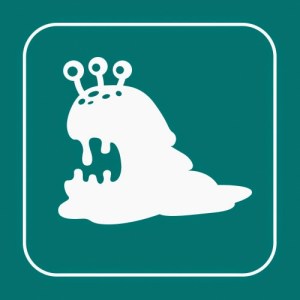
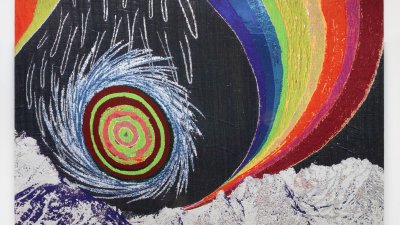
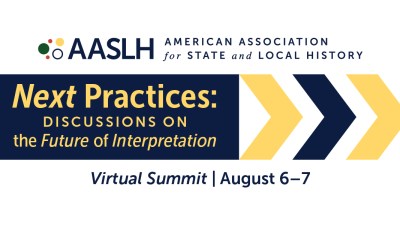
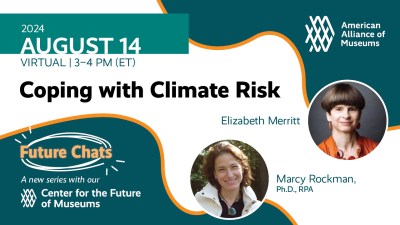
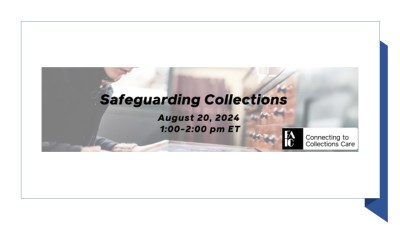
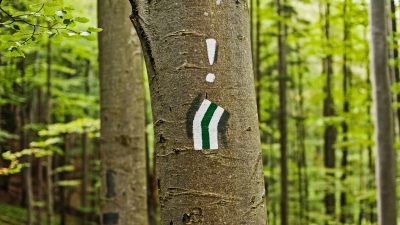
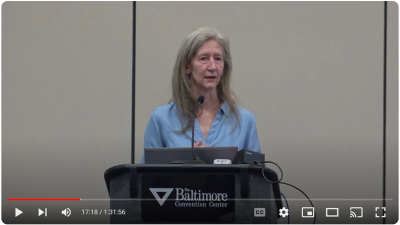
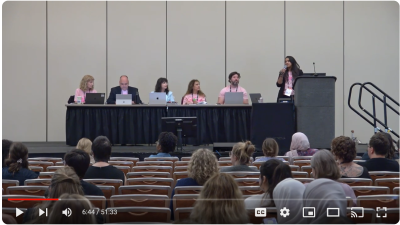
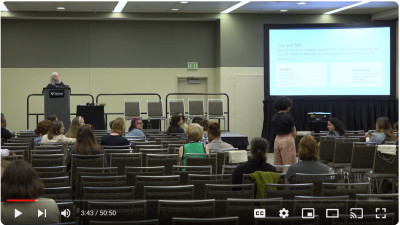
Nice Article! Thanks for sharing with us.
Staffing Solutions